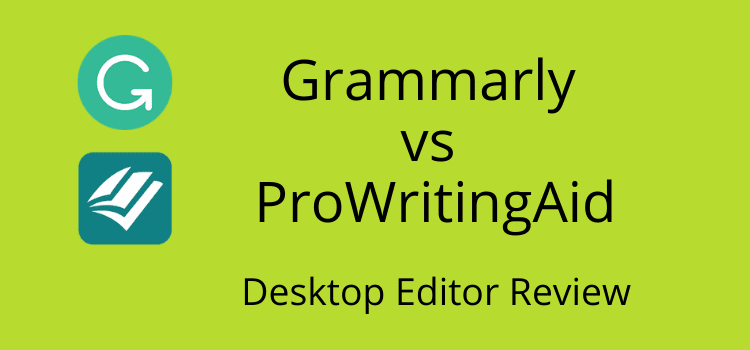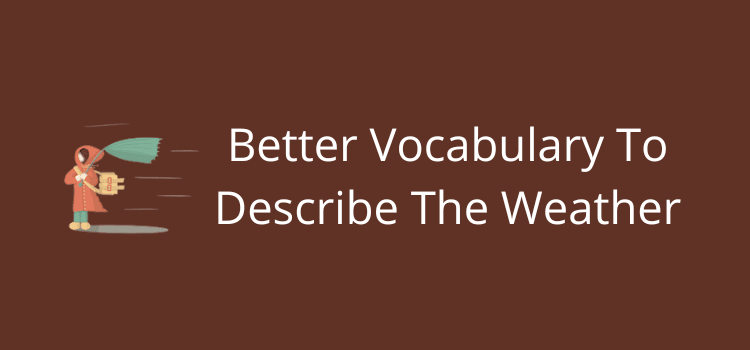
The strict definition of stop words is words that are automatically omitted from a computer-generated index.
You probably know about the importance of keywords when it comes to online writing.
To get your articles to appear on the first couple of pages of a search engine, you need to choose relevant keywords.
But as part of your keyword research, it is also essential to know how stop words work.
What are common stop words?
These words are short prepositions and pronouns that can dilute the potential of your titles and keywords in search queries.
Here are some of the most common words to avoid.
With – A – And – At – Be – From – To – This – Any – In – Me – On – Of
When you use any of these words in your keywords or next to them, they can reduce the possible ranking of your search results.
Even though some writers might not know about it, you need to consider the implications.
You want your posts to appear on the first or second page of a Google search so readers can find you.
Using any of these words could have a negative effect on the keyword phrase you are trying to rank for on search.
But it’s not only an issue for content writers.
Too many can also affect book titles
So, what can you do to avoid using these words?
When to use these words and when not to
You can use these words as often as you want as part of the natural language flow in the text of your article.
Your writing wouldn’t make any sense at all without using these linking words, articles, pronouns, and prepositions.
You only need to be careful when they appear close to your keywords, particularly in the post or article title.
There are some essential areas that need your attention when it comes to using stop words.
You need to avoid them in the following elements of your post page.
Page or Post URL
Link Anchor Texts
Heading Texts
Meta Titles
Meta Description
Best practices
If you are writing online, it always helps to have some basic knowledge of SEO practices.
When you are writing for clients or trying to improve your blog’s performance, it is important to be aware of these areas.
Most importantly, you have to think about the words that an online reader could be searching for.
Try to match the search term the best you can.
If someone is looking for writing apps, let’s consider the following two options.
Which are the best apps that a writer needs to use?
What are the best writing apps that writers use?
Google often filters out filler words and will only rank search terms that are more probable to be used by people searching for an answer.
Google might rank best writing apps or writing apps writers use.
If you have any linking words as part of your keywords, you might miss the opportunity of being discovered online.
Even if your work is the best, and your article writing is high-quality content, these small words can hinder your success.
Stop words in book titles can also have a negative effect on discoverability with Amazon searches.
Look at this title as an example.
A Murder at Midnight in London
You could change this to a better title with no linking words.
London Midnight Murder
Is the use of stop words bad?
Even though you should exclude these words from your headlines and meta titles, it is not to say that they are disastrous.
You won’t get penalized by Google, but you will possibly reduce your search engine ranking potential.
Many blogs and websites still use these small words because they don’t know the best SEO practices.
Some of these websites can succeed, even though they incorporate linking words in titles and link texts.
Of course, they might already have high traffic numbers. It wouldn’t mean the end of a website if the quality of the content is excellent.
However, it is easier to rank and preferable to avoid using link words in the vital areas of a post page.

How to avoid using stop words
If you were only writing for search engines, it would be pretty simple to avoid them.
However, you are writing for humans, not for machines.
You need to find a balance between using fewer linking words in your keyword anchor text and titles and still making sense to the reader.
One way of doing this is to write shorter sentences.
Most people don’t like reading long paragraphs in blocks of text.
Most online readers want to scan the information quickly and efficiently.
You could present your essential points in a bullet list, which might help you find a balance between the two.
Because stop words only affect your SEO elements, concentrate on writing your text as naturally as possible.
Don’t overthink every sentence unless you want to include one of your keyword phrases or you are adding link anchor text.
The only critical areas to avoid using these words are in your post title, meta title, and meta description.
It might involve some rewriting or rephrasing, but it can help.
Conclusion
It’s possible to avoid using short linking words to a degree.
But it shouldn’t be your first priority when writing your new articles.
You want to find a balance for your writing that will engage and inform your readers and hopefully be ranked on search engines.
The most effective way is to write long-form content that is well-researched and answers the questions your readers have.
The main point is simply to be aware of where you can and where you probably shouldn’t use stop words.
Related reading: How To Use Trigger Words In Your Writing
Share This Article



Thank you for this article, it’s quite helpful to those of us starting out.
I’ve been guilty of using these words in my headings “With – A – And – At – Be – From – To – This – Any – In – Me – On – Of.”
And I have to stop using “my” as well.
Your article is really useful and helpful for those SEO experts who are not clear about using stop words in their SEO practice. After reading this article any SEO expert can use stop words wisely for better results,
But you are using stop words in your title , to, are